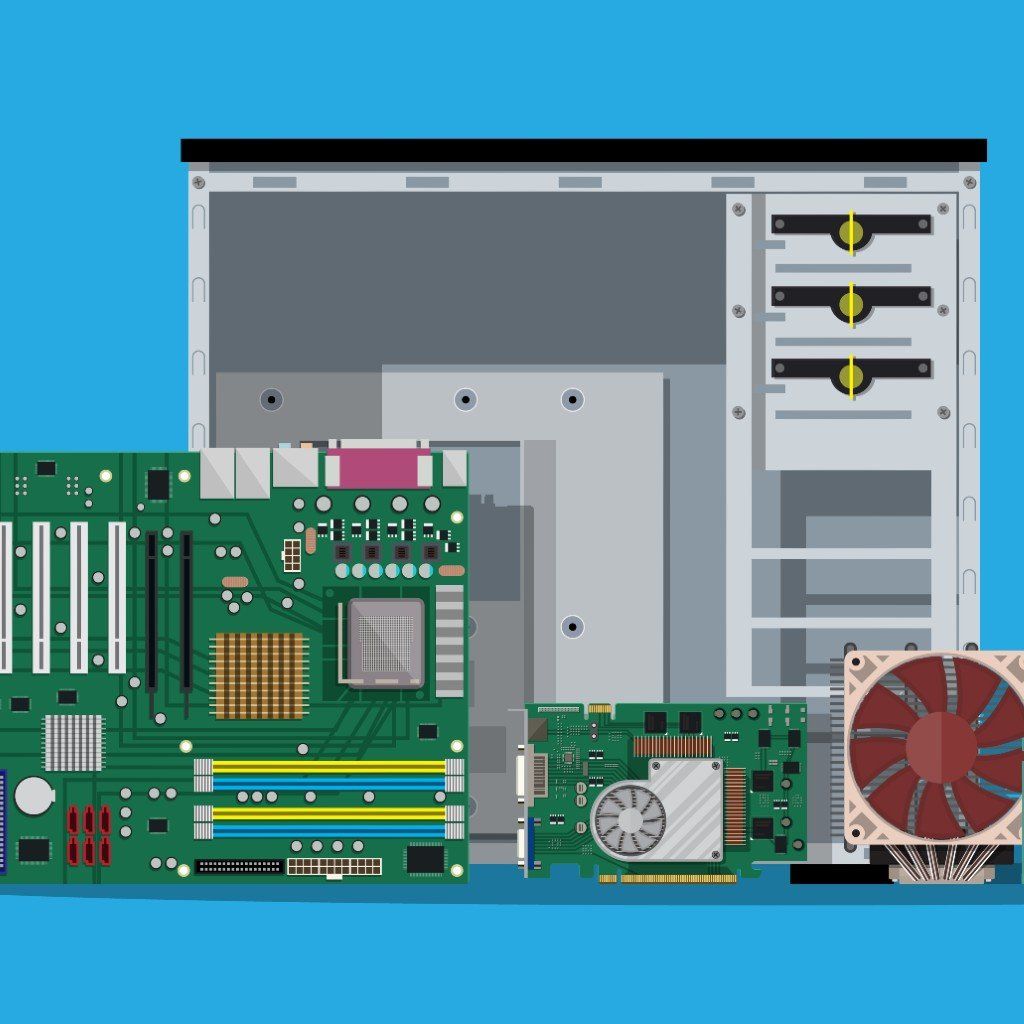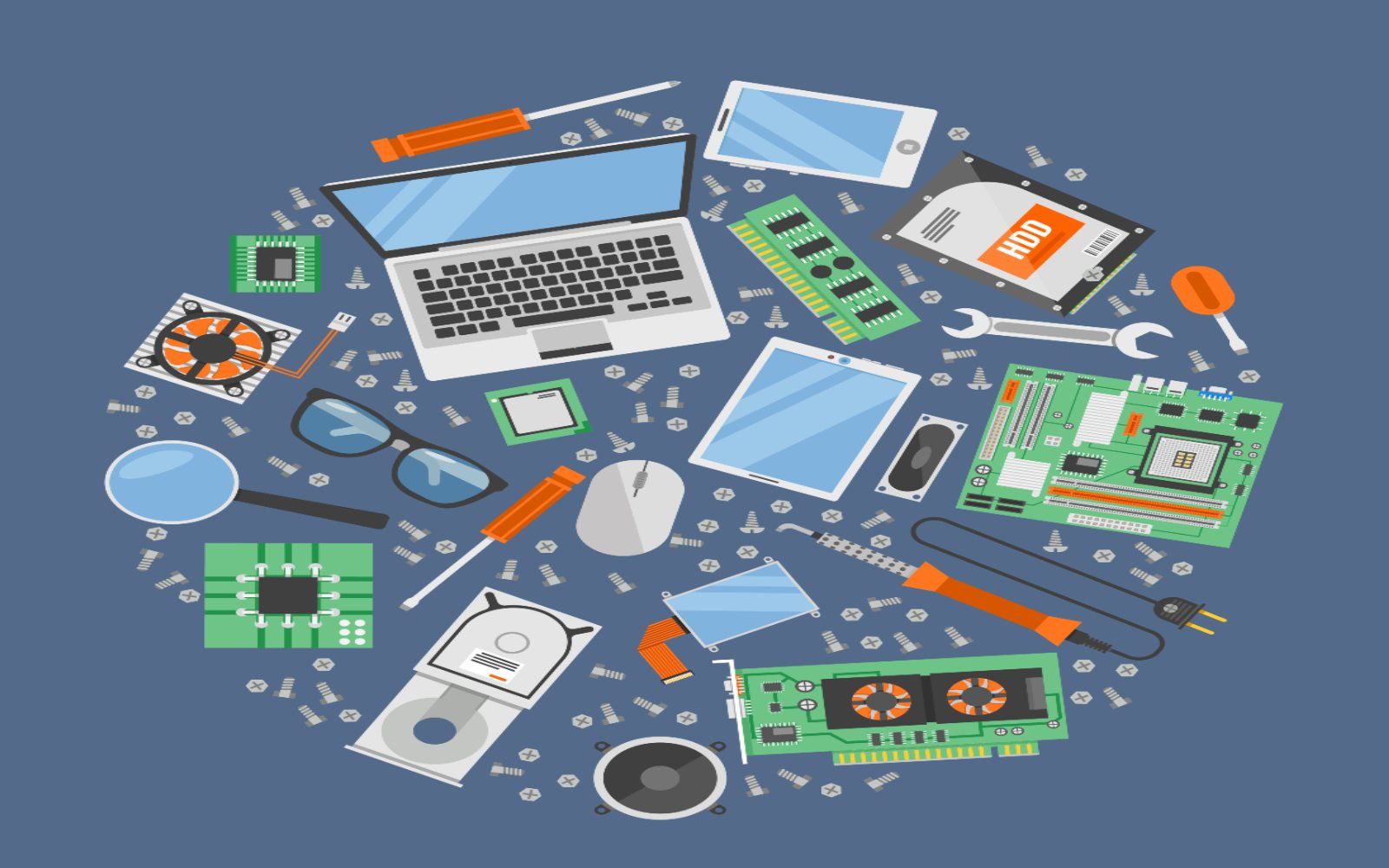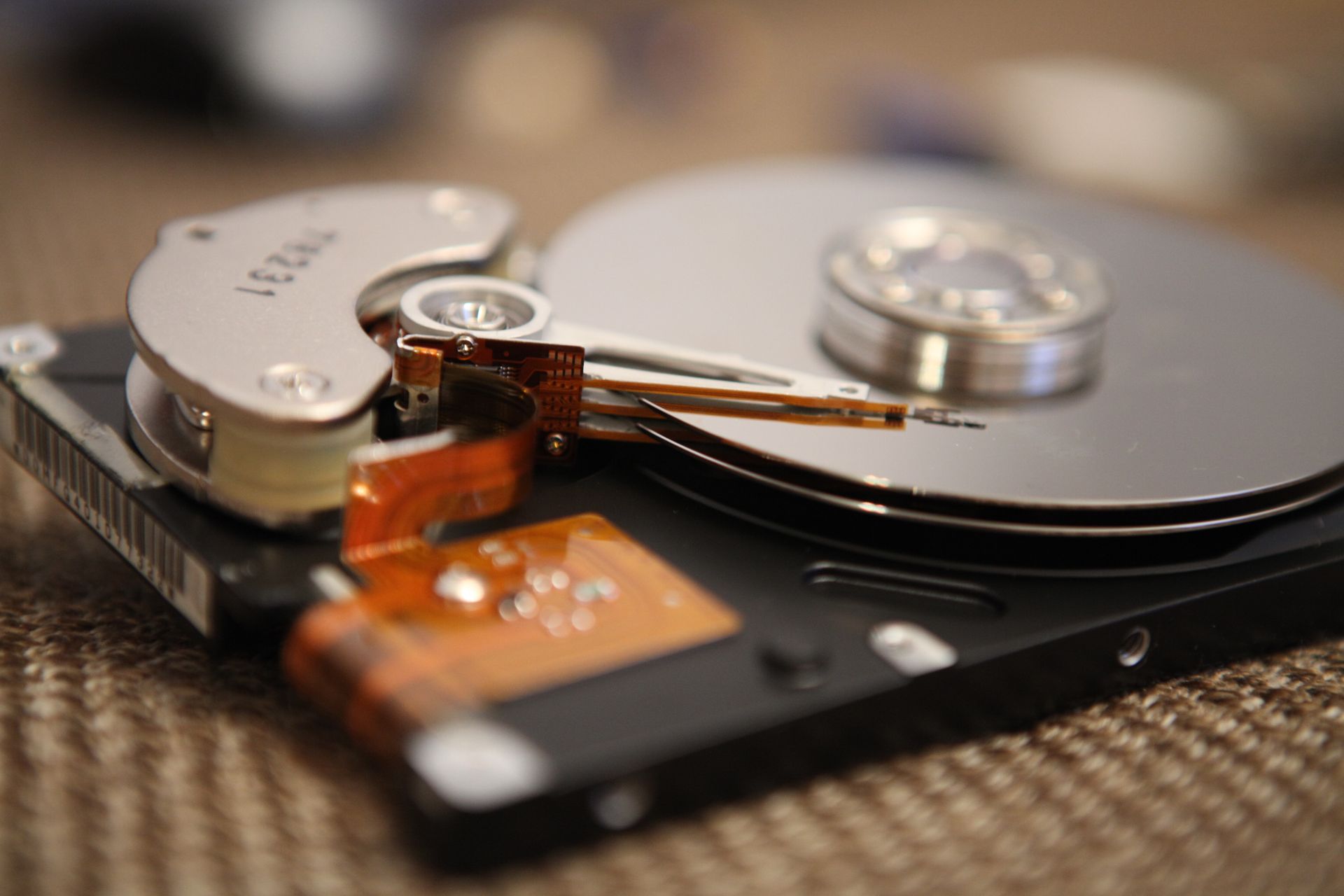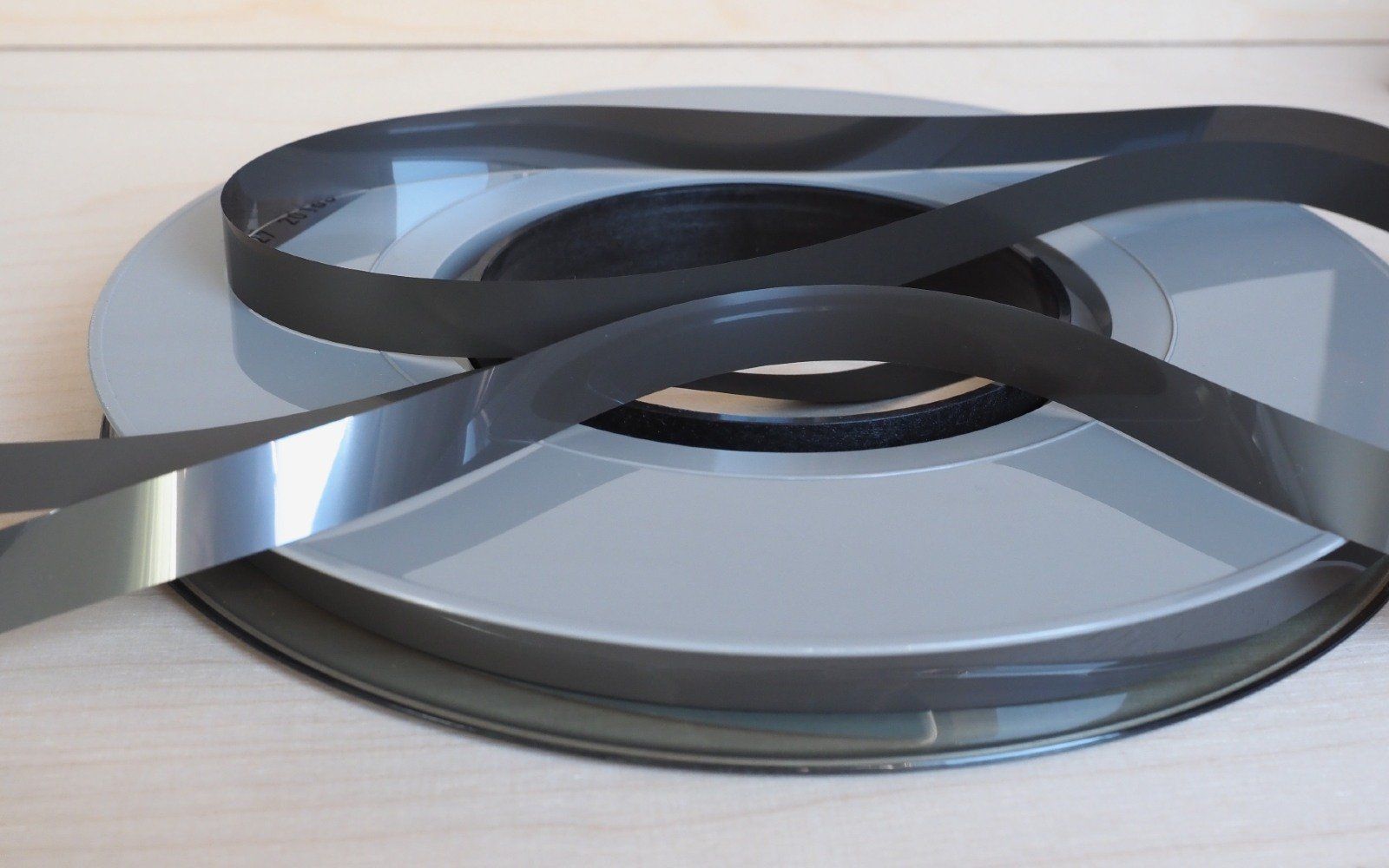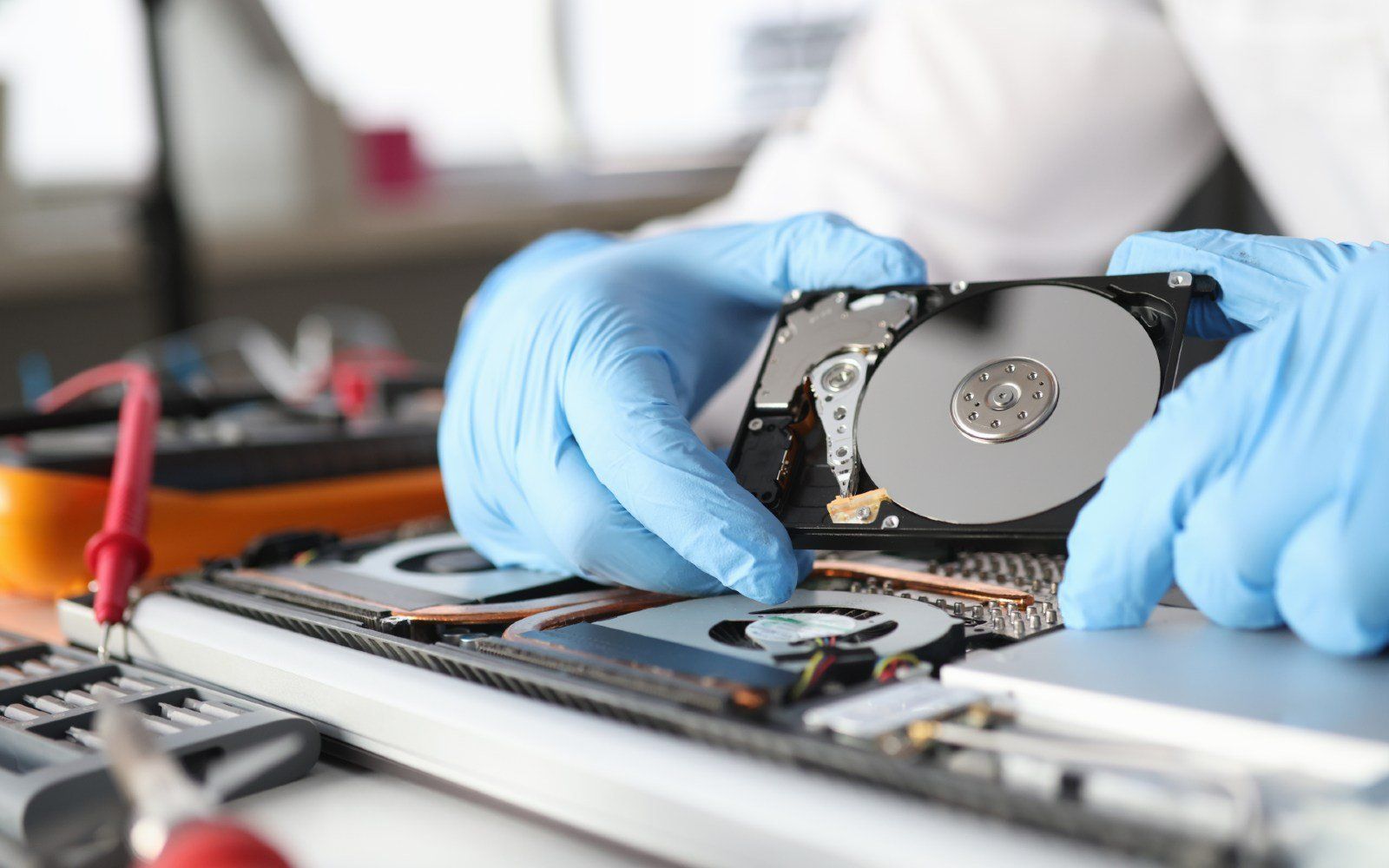3 Proper Ways on How to Wipe a Computer before Disposal
How to fully wipe a hard drive
The hard drive is one of the most crucial parts of the computer. Not only because it contains your files and digital content, but it also contains the programs that allow the computer to work. The purpose of the hard drive is what makes it necessary to wipe it off before disposal. Now the question is how to wipe a hard drive correctly. Here is your quick guide to ensure that you secure your data before it lands in the hands of an outside party.
1. Make a backup of your data on your hard drive
Computer hacking, natural disasters, and accidental deletion are only a few of the ways you can lose the information you've worked so hard to collect. The best way to prepare for the unpredictable is to put in place a solid contingency plan. There are various ways to backup your computer, and using several backup methods reduces the chance of losing a crucial file.
You can back up your files in a variety of ways. Also, manual backups (such as saving a copy to a USB drive) are a type of backup; however, they aren't perfect because they must be performed manually, repeatedly, and handle stuff like removing and reconfiguring files. External drive backups are primarily intended to protect your files, particularly irreplaceable items such as photographs. This backup method only looks at specific files, such as your home directory, rather than your entire hard drive. Another modern way of creating backup files is through the use of the internet. You can upload files on the cloud automatically depending on your preferred settings. But the availability of cloud storage is not unlimited. The size of storage space available will be based on the premium paid per month.
2. Wipe your hard drive with a program
Mere hitting the delete button on your computer is not enough to fully wipe off all your digital files. But how can you delete them permanently? Your hard drive can be permanently erased using special software programs. There's a slim chance you'll be able to recover some results. Similarly, no one else would be able to restore your files using data recovery tools. The majority of programs use a low-level format that replaces all deleted files with zeros and other illegible data. Data recovery software would be unable to restore the files as a result of this.
DBAN is an accessible data destruction program that thoroughly wipes a hard drive's contents. This program covers all personal files, operating systems, and applications that have been installed. It's a good idea to clean your computer with a plan. The majority of items have evidence of erasure. Some also tell you what happened to the drive and the data on it. When cleaning a company laptop or PC, this is useful.
3. Wipe your hard drive on a physical level
You should take extra steps to double-check that your hard drive has been cleaned. You can, for example, physically clean the industry. Remove your hard drive and place it near a rare earth magnet. Is there another option? Using a screwdriver, physically dismantle everything. Physically destructing the hard drive will make it impossible for identity and security thieves to recover personal information.
What are the consequences of failing to wipe your hard drive?
The increasing competition across industries makes the value of information more important. It became a must to secure data at every level – personal to business or industry level. Information is an asset for everyone, and like any other asset, people need to secure them. Cybercriminals may steal the information and use it to commit other crimes such as identity theft and extortion. They can open bank accounts, use your credit card details to make purchases, or take out loans and default on them, leaving you to pay the bill.
Thieves are also on the lookout for personal and sensitive data. Non-disclosure agreements, personal photos, private chat calls, and other information you don't want to share are examples. Cybercriminals might use this knowledge to threaten the owner of the material if a hard drive wasn't properly wiped.
Cybercriminals can use customer lists, social security numbers, credit card information, contact number, and address against your company in a business setting. They can sell it to your competitors, or they can use these to make unauthorized transactions.
Also, the information saved on hard drives and computers can be used by cybercriminals to gain illegal access to your programs and hack it. This will cause great destruction to your business and lead to substantial monetary loss.
Benefits of Availing Computer Recycling Services
The technicalities of the construction of computers require technical knowledge to wipe off data properly. Also, computers are made up of chemical components that must be handled accordingly to avoid pollution and contamination. These toxic chemicals are not just bad for the environment but can also adversely affect human health.
Ensure the security of data
Availing of services of computer recycling facilities adds security to your data. Because of their expertise and knowledge in the industry, you will have immediate peace of mind that all your data will not go into the hands of cybercriminals.
Compliance with rules and regulations
Different states have different rules and regulations for the confidentiality of information. Computer recycling facilities are more aware of these laws, and it will guide them to dispose of your computers properly. Moreover, there are environmental rules that must be kept in mind. Compliance with regulations is a must; otherwise, you will be subject to face legal cases and penalties. Not only will it cost you money, but also it can result in the loss of a good reputation.
Help achieve proper e-waste disposal
As stated earlier, the computer contains toxins and chemical compounds that can adversely affect humans and the environment. The numerous kinds of toxic materials require different handling processes to secure safe disposal. With the help of computer recycling experts, who are knowledgeable about the proper handling of these toxins, you can ensure that your electronic wastes will not contaminate the environment.
Saves natural resources
Computers and other electronic devices are recyclable. They are a good source of raw materials for new devices. For instance, a simple central processing unit can contain plastics, gold, copper, and other minerals that can be reused as raw materials for new computer devices.
Achieve Secure Computer Disposal with Abtron
Abtron is a one-stop-shop for all your IT assets needs. We offer a variety of IT assets that are customizable for your needs. We also provide IT services to help you set up your system requirements. On top of that, Abtron is also successful in assisting clients with their computer disposal. We offer heightened security and compliance with laws when it comes to computer disposal because we know that your information and reputation are valuable.
Abtron’s experts are well trained in assisting clients with different unique concerns. We can arrange our services based on your needs and requirements. If you are looking for a straightforward company that helps clients secure their data, then Abtron is the perfect partner for you. Contact us today and see how the beauty of our services will change the way you do your business.

